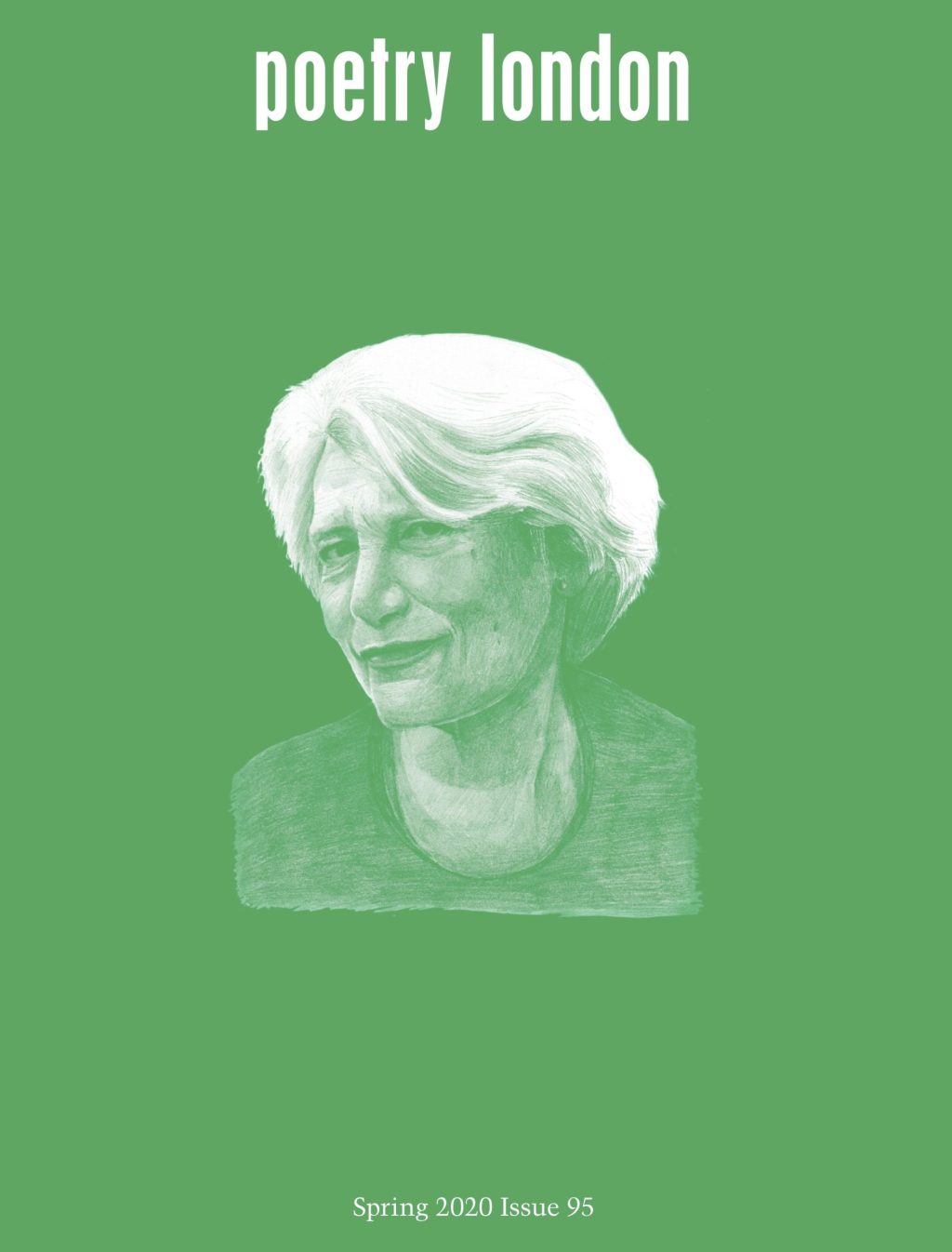Editorial: Reading as Friendship
Dai George
Should a poem be thought of as a friend? Obviously poets can be friends, and I’d guess that few people, if any, would lobby for an alternative reality where this was somehow prohibited or frowned upon. This is an artform silently (or not so silently) upheld by countless minute bonds of community, and in the absence of a large swerve towards mass-market appeal, it’s hard to imagine how it could function otherwise, as a purely professional enterprise. Literary friendship can entail solidarity, emulation, mentorship, healthy competition – but also a range of more toxic rivalries, to say nothing of situations where the boundaries between professional and private life are worryingly, illegitimately transgressed. It’s at the very least an open question whether social media improves or exacerbates this situation.
Nobody’s suggesting that we cork that particular genie back in its bottle. Nevertheless, we should reflect on the ways that our increasingly networked and interlinked communities promote specific cultures of reading. Which critical values are centred, or challenged, by this great democratisation of discourse? How should an established institution, such as a magazine, respond? In more confident moods, I like to think that friendship – considered beyond the narrow limits of the WhatsApp group or the pub – might provide a model for reading that’s passionate, responsible, and critically engaged. We don’t always get on with our friends, after all, even if we should always want what’s best for them.
These questions and many others played on my mind as I read through the prose in this issue of Poetry London. Joey Connolly’s essay evolves a subtle yet funny and approachable theory of reading founded on trust: not sheer faith, but a willingness to give poetry, as Connolly puts it, ‘the benefit of the doubt’. What a debased and double- edged phrase that is! I feel like I only ever hear it nowadays when someone is trying to defend the indefensible – an unrepentant dinosaur, an aggressor, someone wilfully ignorant or ‘just having a laugh’. Connolly retrieves it from the bottom of a grubby barrel filled with clichés and excuses, and argues that it underlies something important, an insight that might seem obvious, to the point of triviality, until you stop to think about how and why it should actually be so: the idea that ‘a work of art is better and means more if you trust the artist.’
I’ll leave you to explore the multiple highways and byways of thought that extend from that basic conviction. One key question that it prompts for me, though, is whether or not we should seek in our experience of an artwork to make it ‘better’ or ‘mean more’. (The rejoinder might follow, ‘Than it actually is?’) Here, however we slice it, I feel that we’re inching unmistakably into the territory of reading as friendship – not a sycophantic or shallow friendship by any means, but friendship nevertheless. Connolly suggests one set of answers for how this might work in practice, while Danez Smith provides another. In an interview with Suji Kwock Kim – published here exclusively, alongside two new poems – Smith explores how friendship is the animating force in their new collection, Homie. Again, this is a model of friendship with very little time for sentimental indulgence. The friends, peers and allies that Smith praises in this interview are engaged in an active, ethical endeavour – one that stops at nothing less than the demand to build ‘the church of a better world’.
A tall order? Perhaps. But whether or not you accept these high analogies – poetry as friendship, poetry as church – some form of this enterprise seems to me to be the only meaningful critical (and creative) task left on the table. That fragile, endlessly difficult but better world is glimpsed time and again in this issue, in poems that come from school workshops and Rojava, Brexit Britain and Trump’s America. It emerges, too, in reviews that foster new ways of reading critically, with close attention, and often with mixed feelings and uncertainty – but always, primarily, with trust.


